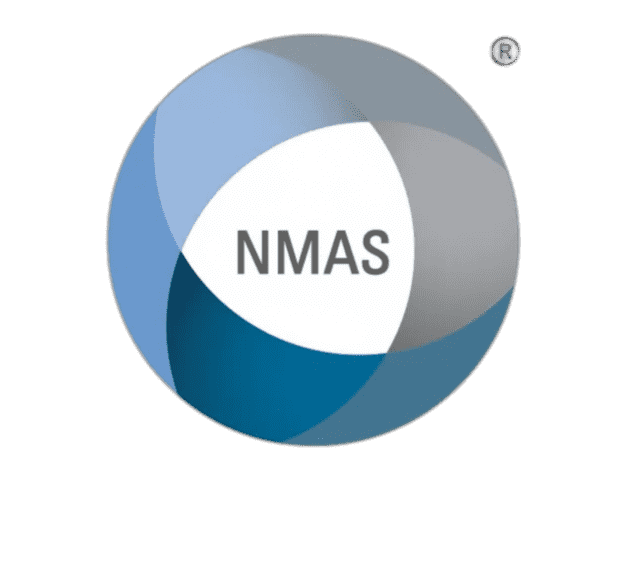Occupational rehabilitation is a critical process that helps individuals recover from injury or illness and reintegrate into the workplace. One key element that has gained increasing recognition is health coaching, which provides individuals with the personalised support needed to regain control of their health and well-being. By fostering motivation, accountability, and positive lifestyle changes, health coaching empowers employees to navigate the challenges of their recovery journey and achieve long-term success in the workplace.

- The Role of Health Coaching in Rehabilitation
Health coaching in occupational rehabilitation is a personalised approach designed to guide individuals through their physical and mental recovery. Coaches work with employees to set achievable health goals, develop action plans, and provide ongoing support and encouragement. Unlike traditional rehabilitation programs, which may focus solely on physical recovery, health coaching addresses the holistic needs of the individual. This includes mental health, lifestyle adjustments, and the development of skills necessary for a successful return to work.
By focusing on the whole person, health coaching enables individuals to take charge of their recovery. It empowers them to identify barriers, set meaningful goals, and implement sustainable changes that lead to improved well-being. This holistic approach is crucial for long-term success in occupational rehabilitation, ensuring that employees not only return to work but also thrive in their professional and personal lives. - Motivation and Accountability
One of the most significant benefits of health coaching is its ability to motivate individuals throughout their rehabilitation process. Recovering from injury or illness can be a daunting journey, with many individuals experiencing setbacks, frustration, and feelings of helplessness. Health coaches play a pivotal role in helping individuals maintain their motivation, offering guidance and encouragement when challenges arise.
Additionally, health coaching provides a sense of accountability. Through regular check-ins and progress assessments, individuals are held responsible for their goals and commitments. This accountability can make a significant difference in the rehabilitation process, helping individuals stay on track, overcome obstacles, and maintain a positive outlook on their recovery journey. - Facilitating Positive Lifestyle Changes
Health coaching is not just about recovery; it’s about fostering lasting lifestyle changes that promote long-term health and well-being. For individuals in occupational rehabilitation, this can involve adopting healthier eating habits, improving sleep patterns, engaging in regular physical activity, and managing stress effectively. These lifestyle changes are essential for maintaining physical and mental health, reducing the risk of re-injury, and supporting a sustainable return to work.
Coaches work closely with individuals to develop personalised action plans that are realistic and achievable. By breaking down large goals into smaller, manageable steps, health coaching helps individuals build confidence and develop the skills needed to make lasting changes. This approach empowers employees to take ownership of their health and well-being, ensuring that they are equipped to face the demands of both work and everyday life. - Supporting Mental Health and Well-being
Mental health is a crucial component of occupational rehabilitation, and health coaching provides vital support in this area. Coaches are trained to recognise signs of mental health challenges such as anxiety, depression, and stress, which often accompany physical injuries or illnesses. By addressing these mental health concerns, health coaching creates a supportive environment where individuals feel understood, valued, and empowered to seek help when needed.
Health coaches also provide strategies for managing stress and improving resilience, both of which are essential for a successful return to work. By teaching individuals how to cope with stressors in the workplace and in their personal lives, health coaching promotes a balanced and healthy mindset that supports long-term recovery. - Enhancing Return-to-Work Success
Ultimately, health coaching in occupational rehabilitation is about empowering individuals to achieve a successful and sustainable return to work. By addressing both physical and psychological factors, health coaching prepares individuals to re-enter the workforce with confidence. It equips them with the tools, motivation, and resilience needed to overcome challenges, reduce the risk of re-injury, and thrive in their professional roles.
Customised coaching programs ensure that each individual receives the specific support they need, whether it’s improving physical fitness, managing chronic pain, or addressing mental health concerns. This personalised approach increases the likelihood of a successful return to work, enhances job satisfaction, and contributes to long-term career success.
Conclusion
Health coaching plays a transformative role in occupational rehabilitation by empowering individuals to regain control of their health and well-being. Through motivation, accountability, lifestyle changes, and mental health support, health coaching helps individuals navigate the complexities of their recovery journey and achieve lasting success in the workplace. By fostering a holistic approach to rehabilitation, health coaching ensures that employees not only return to work but also thrive in all aspects of their lives.








